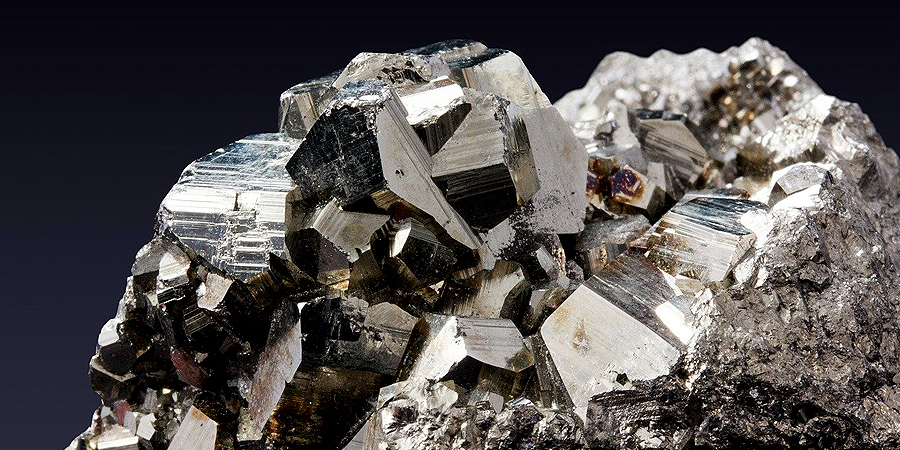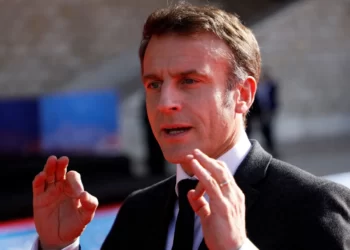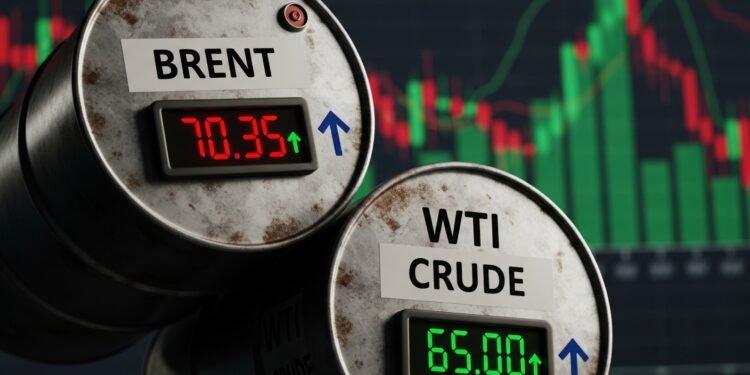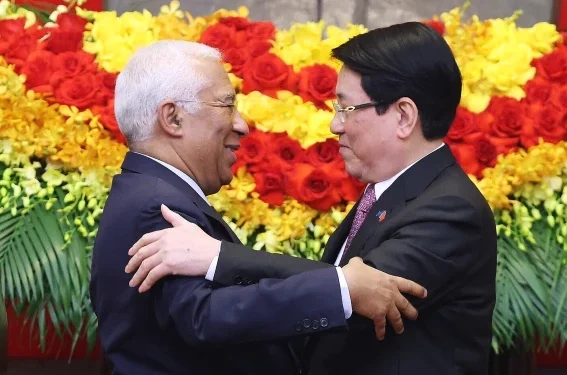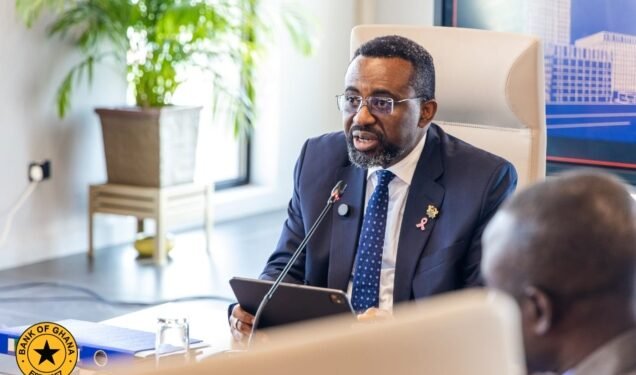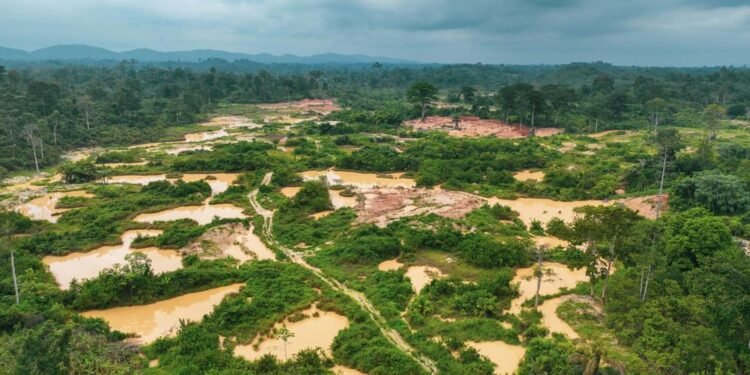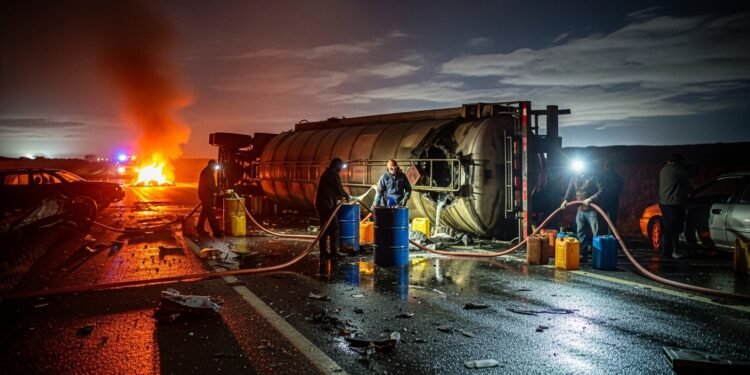South Africa’s iron ore production is likely to experience an increase of 5 per cent growth in 2021 as mines recover from Covid-related production constraints. This forecast reflects a recovery of iron ore production to 2018 rates, according to Fitch Solutions.
In the short term, the rise in production will be attributed to the take-off of new projects which previously faced delays. Per Fitch Solution’s assessment, this production rise will bolster South Africa’s slow economic recovery as prices for commodities surge and iron ore companies record mining profits.
Furthermore, South Africa will maintain its capacity as the largest producer of iron ore. This is the case especially as iron ore projects which were due for take-off in West Africa were met with delays and cancellations.
“The expected medium-term growth in iron ore production will be attributed to new projects coming online in a period where most projects emerging from West Africa have been delayed or cancelled.”
This notwithstanding, Fitch Solutions forecasts that beyond 2022, iron ore production in South Africa will see a steady decline, averaging -0.7 per cent from 2022 to 2030. Based on Fitch Solutions medium term growth forecast on a year-on-year basis, iron ore mine production volumes will decline to 3 per cent in 2022, 0.0 per cent in 2023 and -1.0 per cent in 2024 and 2025.
Meanwhile, prices of the commodity, although have been on the high since 2017, is expected to decline from 2021. Prices of iron ore are expected to fall from US$160/tonne in 2021 to US$75/tonne by 2025.
According to Fitch Solutions, this could force domestic iron ore miners towards divestments as occurred in 2017 when Anglo American considered selling subsidiary Kumba Iron ore.
Recent Political Instability poses risks
Fitch Solutions further suggests that, the recent political instability in South Africa poses a risk to investor investment towards the country’s overall mineral sector. More so, this risk extends to the positive short term growth forecast of iron ore production in the coming quarters.
“Conflict has worsened tensions in the country, particularly in KwaZulu-Natal where protests have emerged in opposition of the jailing of former president Jacob Zuma. Our Country Risk team believes that socio-political unrest will remain elevated over the coming quarters.”
Furthermore, as of July 2021, only 6.6 per cent of the South African population had received at least one dose of a Covid-19 vaccine despite the growing prevalence of the Delta variant. This development threatens to raise absenteeism at mine sites.
A typical case that is cited of such risks is that of Rio Tinto, a mining firm with 74.0 per cent stake in Richards Bay Minerals (RBM), a large mineral sands producer located in northern KwaZulu-Natal province and that extracts mainly ilmenite, rutile and zircon.
According to a report by Rio Tinto, it had all its mining operations at RBM halt due to an escalation of violence around the mine site which led to an RBM general manager being fatally shot on his way to work.
The company has moved to suspend its USD463mn Zulti South expansion project until further notice. The company has also declared a force majeure on customer contracts because of the escalating security concerns at its operations.
This situation underpins Fitch Solution’s forecast of declining iron ore production. This is largely due to the threat of political and operational risk becoming a deterrent to investors, thereby stippling new projects as well as project expansions.
READ ALSO: 4.3 million more people registered for mobile money in H1 2021

